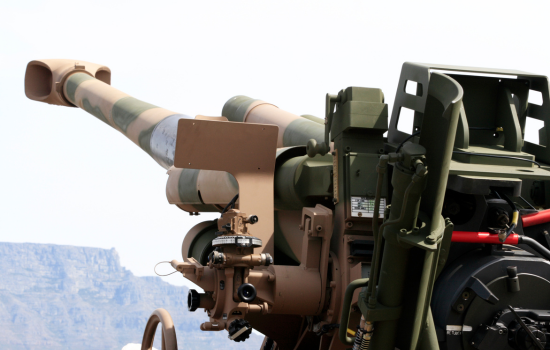The Significance of Israel’s Decision on UN Security Council Resolution 425
On the first of April, 98 the Ministerial Committee for National Security voted unanimously to accept UN Security Council Resolution 425 calling for Israel’s withdrawal from Lebanon under appropriate security arrangements. Israel called upon the Lebanese government to open negotiations for the return of its effective control over southern Lebanon and the “security zone”, and the prevention of terrorist activity directed at Israel from southern Lebanon. It was emphasized that Israel views the continued safety of the residents of the “security zone” and of the SLA personnel as an integral part of Resolution 425, and of any agreement for secure borders between Israel and Lebanon. Article 5 of the Israeli decision stipulates that Israel will continue its quest for peaceful agreements with all its neighbors.
The Cabinet Decision is significant for several reasons:
This is the first decision of its kind since the one in 1985, in which Israel declared for the first time its readiness to withdraw the IDF from Lebanon in accordance with resolution 425, subject to arrangements that Israel views as implicit in, or derived from, the resolution.
The decision rests on the recognized international foundation of Security Council resolution 425, which includes all the ingredients necessary for the restoring of Lebanese sovereignty over South Lebanon, the agreed upon withdrawal of the IDF, and its replacement by the effective control Lebanese Army.
The decision emphasizes that the IDF will not withdraw unilaterally, but only subject to security arrangements, which will guarantee the cessation of terrorist activity, and the safety and security of the SLA and the residents of the “security zone”.
The cabinet decision does not specify what security arrangements are required by Israel. However, resolutions 425 and 426 call for the effective deployment of the Lebanese army, the dismantling of the military infrastructure of terrorist organizations, and the prevention of terrorist activity against Israel from Lebanese territory.
The cabinet decision mentions Israel’s determination to seek security arrangements in southern Lebanon, and emphasizes that such arrangements do not negate the continuation of the overall peace process (from Israel’s point of view, the security arrangements with Lebanon settlement may even further the overall settlement(.
What the Decision doesn’t say
The decision does not include political/strategic conditions and is not a substitute for a full peace treaty between Israel and Lebanon. In addition it does not make the IDF withdrawal conditional upon withdrawal of Syrian troops from Lebanon, mentioned in Security Council resolution 520. All things considered, the conditions for an IDF withdrawal are indeed the bare essentials, and so have more potential to be met.
Although the decision does call upon the Lebanese government to open negotiations with Israel, no mechanism is stipulated for the ironing out of the various arrangements necessary for an IDF withdrawal. The matter is left open to further diplomatic discussion between Israel and the different parties involved.
The length of time necessary for the negotiation is left open, in recognition that the complexity and political sensitivity of the issues involved are not such as to admit of an overnight solution. Seen in this light Israel’s decision to accept resolution 425 is not immediately practicable, since its implementation does not depend on Israel alone. Rather the decision forms the basis for creative diplomatic activity aimed at creating the conditions under which it may be implemented.
To summarize
The cabinet decision thus signals Israel’s desire to alter the dangerous situation prevailing in southern Lebanon for over 20 years, by implementation of UN Security Council resolution 425. In the past any such change was precluded by the lack of a stable government and effective military in Lebanon. However, in our estimation, conditions in Lebanon are now ripe for change. The realization of this potential and the implementation of the cabinet decision will require time, patience, and some creative diplomacy to find ways around the current obstructionism of Syria and Lebanon.






